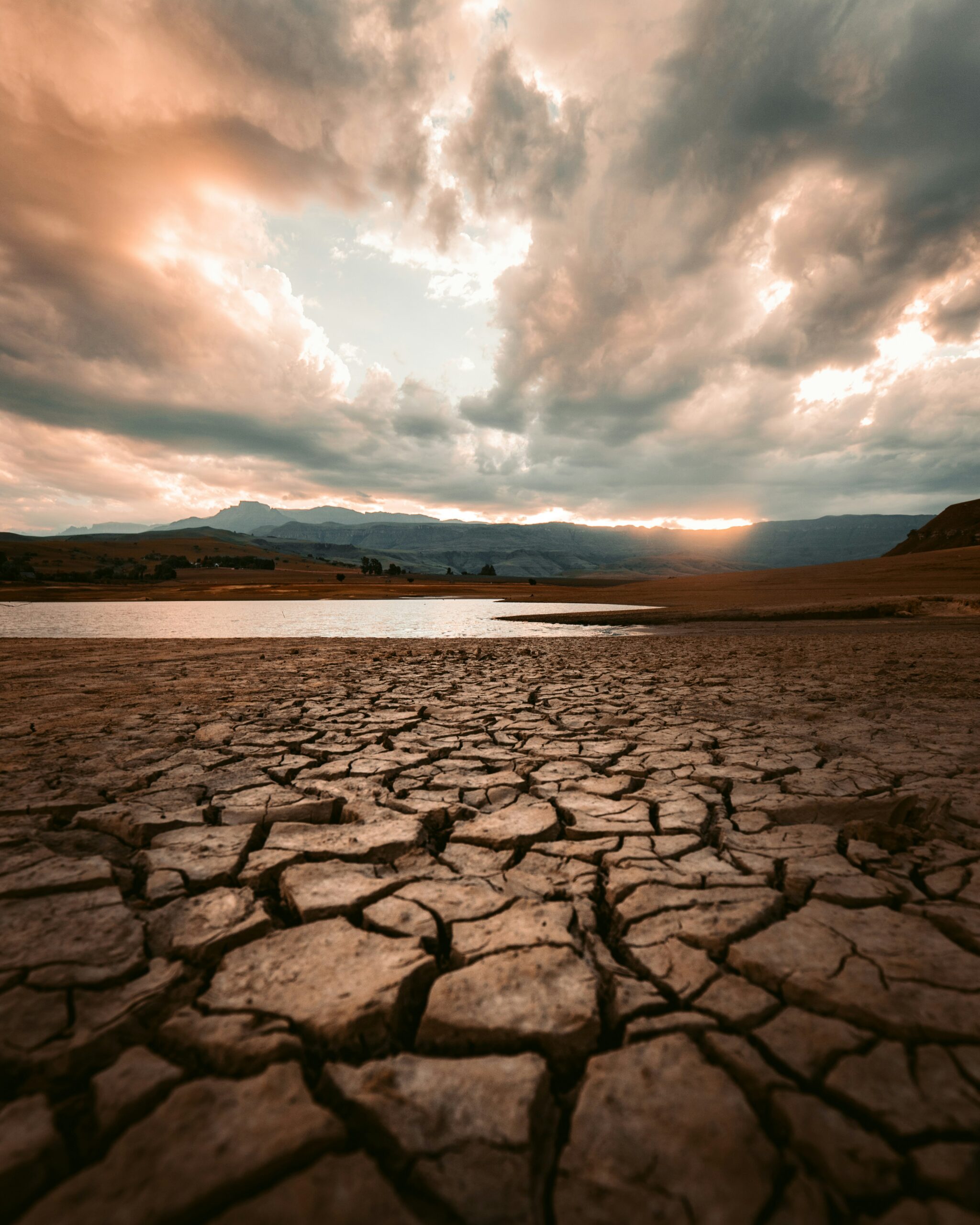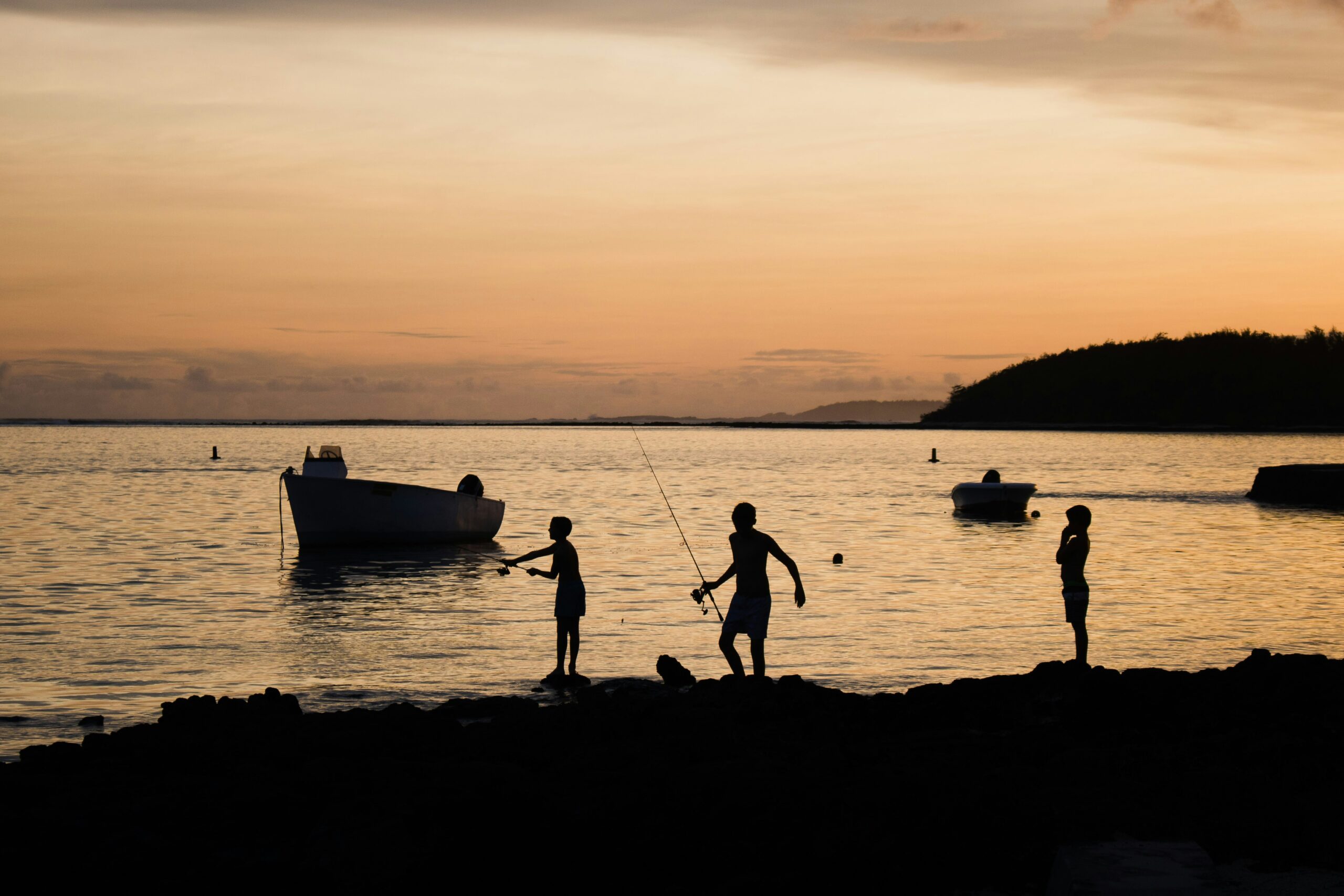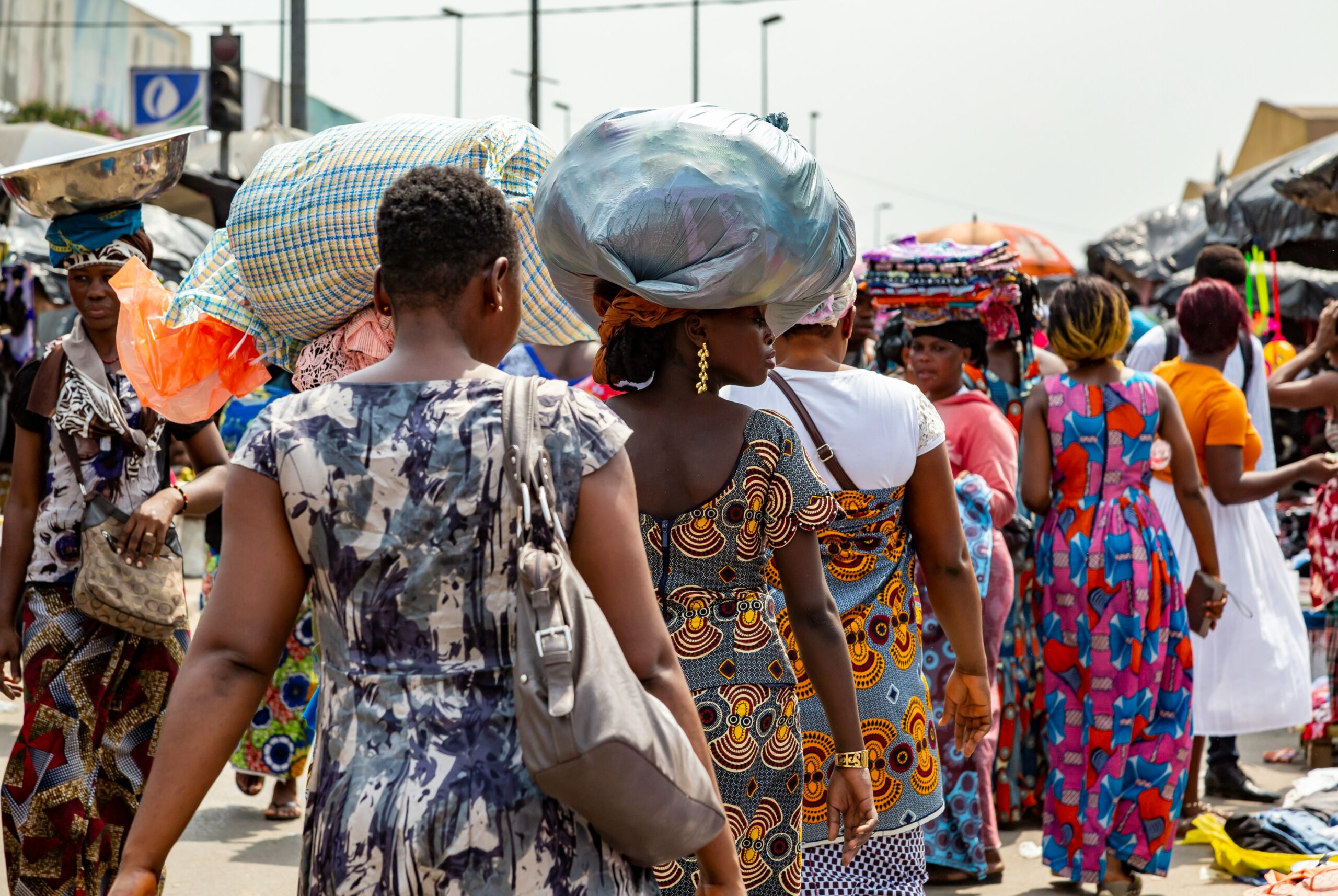11 October 2024
Strengthening African cities through disaster risk reduction: ICLEI Africa’s DRR4Africa project



As the world grapples with the escalating impacts of climate change, the urgency for a systemic, proactive approach to disaster risk reduction (DRR) becomes more apparent each day. International Day for Disaster Risk Reduction (IDDR), observed annually on the 13th of October, serves as a stark reminder of the need to build resilience in the face of intensifying climate-induced disasters. For African cities, this task is particularly pressing.
According to the 2021 World Risk Poll (WRP), Africa ranks lowest in global resilience, with women in Central and Western Africa bearing the brunt of climate-related disasters. This highlights the critical need for inclusive, equitable, and evidence-based DRR approaches that specifically enhance the climate resilience of vulnerable urban populations.
In response to this global challenge, ICLEI Africa’s DRR4Africa project is making significant strides in enhancing the disaster preparedness and resilience of African cities. With a focus on empowering local governments and communities, DRR4Africa aims to transform disaster preparedness in Lusaka (Zambia), Cape Coast (Ghana), and Port Louis (Mauritius) through a collaborative, data-driven, and gender-sensitive approach.
DRR4Africa: Collaborating for safer cities
What sets ICLEI Africa’s DRR4Africa project apart from traditional DRR initiatives is its emphasis on local collaboration and community participation. DRR4Africa fosters resilience by co-developing solutions tailored to each city’s unique climate risks. The project focuses on working closely with local government officials and communities, which ensures that the resilience-building strategies reflect on-the-ground realities. Through participatory workshops in all three cities, DRR4Africa bridges the gap between data and action. These workshops convene local government officials, technical experts, and community representatives to co-create resilience strategies informed by a comprehensive Resilience Scorecard and Risk and Vulnerability Assessment (RVA), paired with insights from the World Risk Poll Resilience Index. For example, in Lusaka, the emphasis is on addressing recurrent flooding in informal settlements like George and Kanyama, where poor infrastructure exacerbates disaster vulnerability.
Each city is building a community of practice, a network of local stakeholders who share knowledge, and challenges to improve DRR strategies. This platform not only amplifies local voices but also promotes regional collaboration, as evidenced by DRR4Africa’s participation in the Southern African Development Community (SADC) DRR workshop in June 2024.
Centring women’s safety and inclusive solutions
A defining feature of DRR4Africa is its commitment to gender inclusion, recognising that women, particularly those in vulnerable urban areas, are disproportionately impacted by climate disasters. The project places women at the forefront of shaping DRR strategies, ensuring their experiences and needs guide the development of solutions. For example, DRR4Africa has co-designed initiatives with women’s groups that improve access to emergency warning systems and prioritise infrastructure investments that enhance safety.
Key insights from the DRR4Africa project
In just over a year, DRR4Africa has garnered valuable lessons in urban climate resilience in Lusaka, Cape Coast, and Port Louis. Among the project’s key takeaways are:
- Data for advocacy: The WRP provides critical insights that help city officials advocate for investments in neglected areas like waste management and emergency services. While more granular data is needed for effective city planning, the WRP findings have the potential to be instrumental in mobilising resources for resilience building.
- Early national involvement: Engaging national governments from the outset is key to aligning local DRR efforts with broader national climate adaptation strategies. In Port Louis, for example, DRR and early involvement with national authorities has secured financing for climate hazard response, ensuring long-term sustainability.
- Inclusive participation: Resilience strategies are stronger when they reflect diverse voices. DRR4Africa’s participatory methodology ensures that unique challenges faced by marginalised populations, particularly women, are integrated into the broader disaster management framework.
- Lived experiences matter: Local knowledge is crucial, particularly in data-scarce settings. In Lusaka, for example, community-led participatory flood mapping has provided essential insights that inform the city’s resilience actions at a fraction of the cost of traditional assessments.
These insights underscore the importance of DRR4Africa’s holistic, multi-stakeholder approach. By harnessing local expertise and leveraging global data, the project is building climate resilience in African cities that not only prepares them for future disasters but also promotes long-term urban sustainability.
Aligning with global goals on International Day for Disaster Risk Reduction (IDDR)
The theme for IDDR —“Empowering the next generation for a resilient future“—resonates deeply with the mission of DRR4Africa. The project’s commitment to fostering equity and inclusivity, particularly in terms of gender responsiveness, ensures that African cities will be equipped to withstand climate shocks and protect future generations.
As the world contends with the realities of a changing climate, ICLEI Africa’s DRR4Africa project stands as a powerful example of how data-driven, community-focused initiatives can drive transformative change. By uniting local stakeholders, amplifying the voices of marginalised groups, and turning insights into actionable strategies, DRR4Africa is building a resilient urban future for Africa—one that leaves no one behind.




